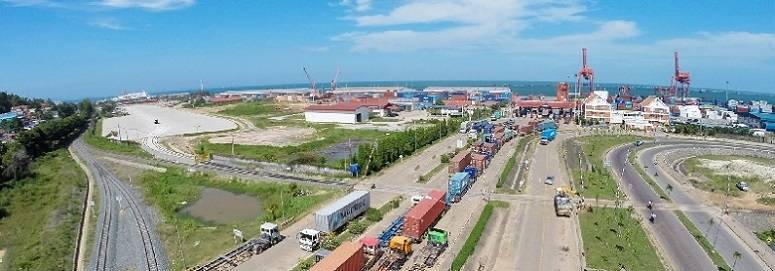China’s leaders worry that the country’s tech giants could be using their extensive personal and corporate digital records to build alternative power centers…reports Asian Lite News
As China’s intense crackdown on its tech companies continues, Beijing is calling on tech giants to share their information with the authorities and asserting its authority over data held by US companies in China as well.
The Chinese government is now calling on big tech companies like Tencent, online retailing giant Alibaba Group Holding Ltd and TikTok owner ByteDance Ltd to open up the data they collect from social media, e-commerce and other businesses, The Wall Street Journal (WSJ) reported citing official documents and interviews with people involved in policy-making.
Not only are these laws and regulations around sharing digital records being driven by the huge growth in data held by the companies and a belief that the government should be able to access it, they are also part of President Xi Jinping’s quest to rein in the increasingly powerful sector.
China’s leaders worry that the country’s tech giants could be using their extensive personal and corporate digital records to build alternative power centers in the one-party state.
Moreover, Beijing is also intensifying the pressure on foreign firms operating in China to keep records gathered from local customers inside the country, so the government has more authority over the records.

According to WSJ, western companies have long complained such “data-localisation” requirements could stifle innovation in their global operations or enable Chinese authorities to steal their proprietary information.
A growing sense among leaders is that data accumulated by the private sector should in essence be considered a national asset, which can be tapped or restricted according to the state’s needs, said people involved in policy-making.
Those needs include managing financial risks, tracking virus outbreaks, supporting state economic priorities or conducting surveillance of criminals and political opponents.
ALSO READ: China, US diplomats clash over human rights, Covid-19 origin
Meanwhile, the new Data Security Law will take effect on September 1, which includes a goal of classifying private-sector data according to its importance to state interests. Experts say that it will give authorities considerably more leeway to control data deemed essential to the state.
The law will “clearly implement a more stringent management system for data related to national security, the lifeline of the national economy, people’s livelihood and major public interests,” WSJ reported citing a spokesman for China’s National People’s Congress.
“…China’s push for data privacy strikes me as yet another move to strengthen the role of the government and the party vis-a-vis tech companies,” said analyst Ryan Fedasiuk.

In late May, citing concerns over user privacy, the Cyberspace Administration of China singled out 105 apps–including ByteDance’s video-sharing service Douyin and Microsoft Corp.’s Bing search engine and LinkedIn service–for excessively collecting and illegally accessing users’ personal information.
On the other hand, Beijing’s pressure on foreign firms to fall in line picked up with the 2017 Cybersecurity Law, which included a provision calling for companies to store their data on Chinese soil.
In the past, the government often demanded data from private firms, and could sometimes enforce its wishes, especially for hunting down criminal suspects and silencing dissent. Chinese companies have pushed back on previous proposals to open up and centralize their statistics, such as those on customers’ borrowing habits and payment histories, according to WSJ. (ANI)
ALSO READ: China tests its stealth bomber near Ladakh














